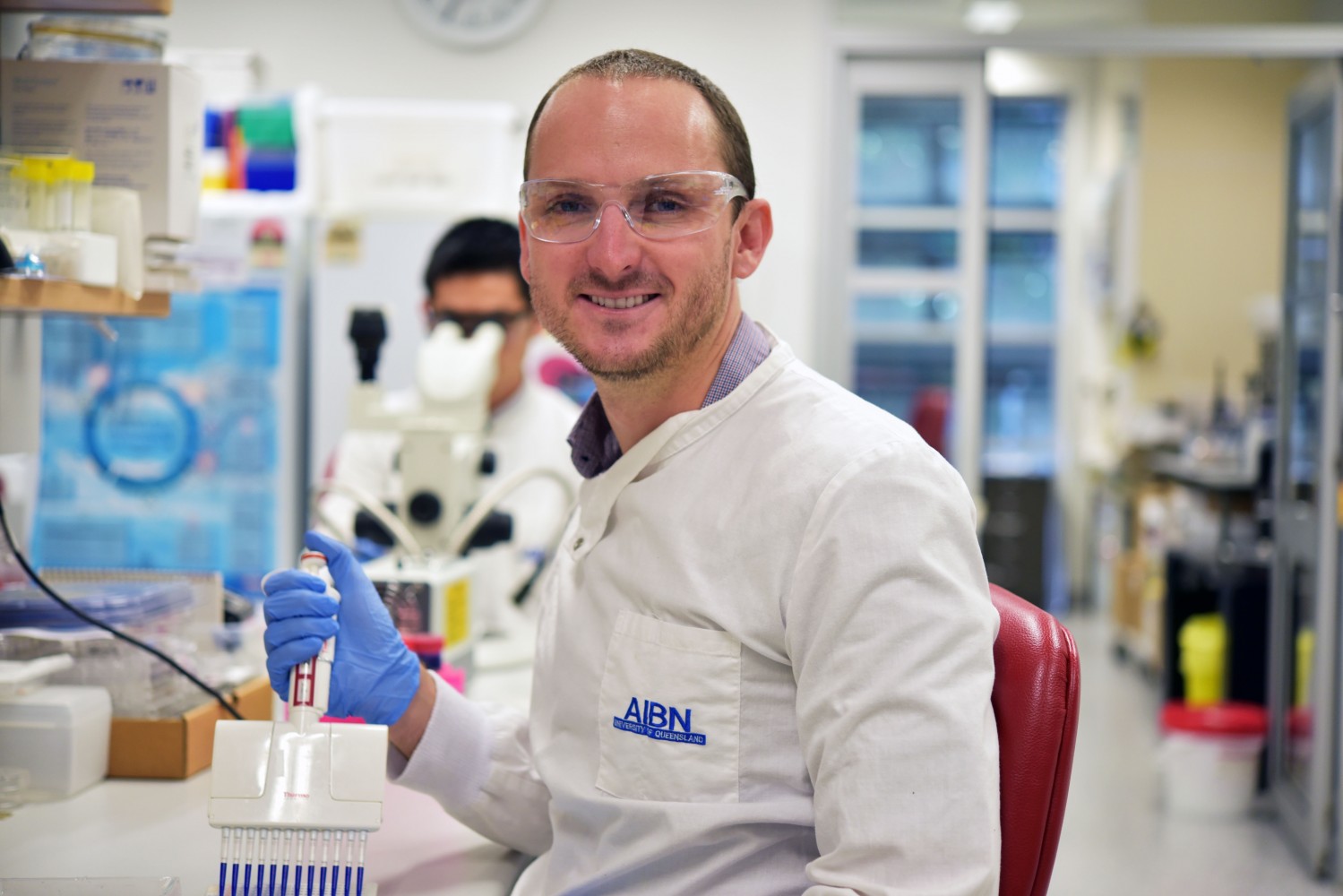Explore our work in research, public health and education at the Doherty Institute.
Discover the undergraduate, graduate, training and professional development opportunities on offer.
A governance structure that supports integration and fosters collaboration, strong leadership and management, creating a unified organisation.
The Doherty Institute aims to prevent, treat and cure infectious diseases through research, public health and education.
More updates and news from the Doherty Institute

